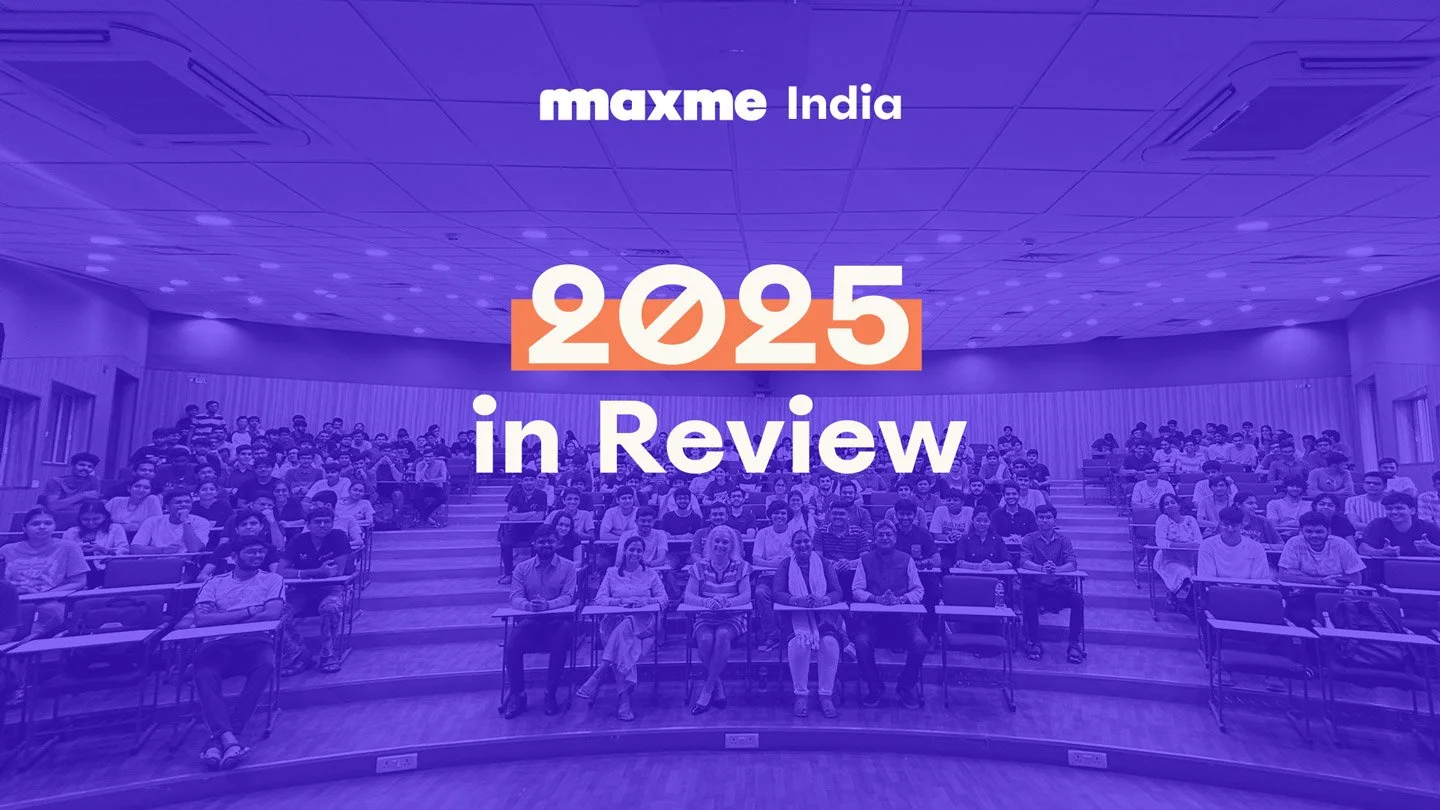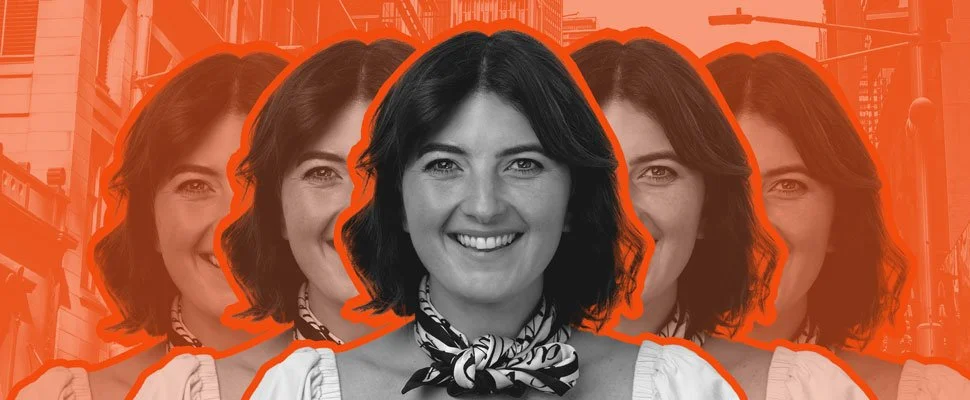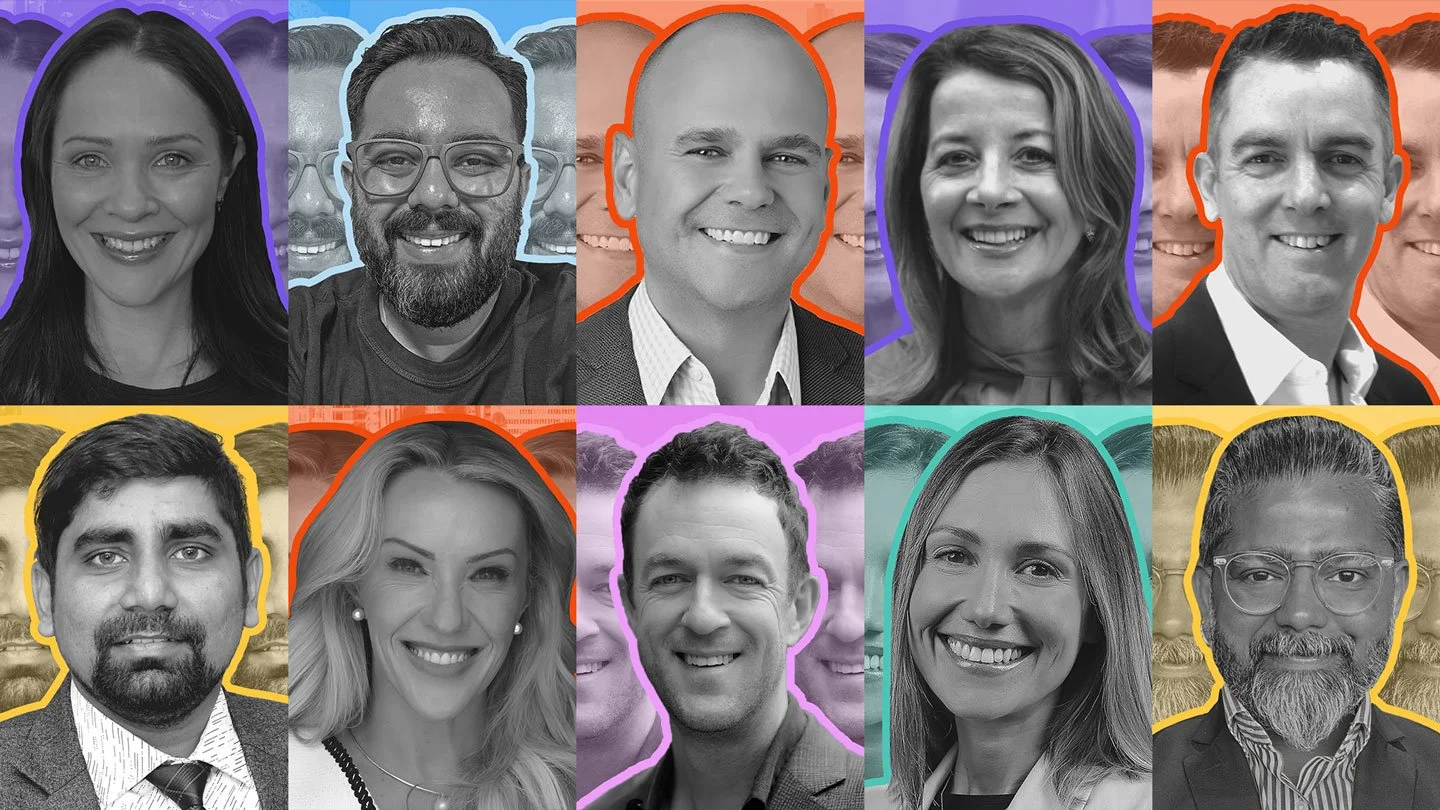International Women’s Day 2024 with Maxme’s Renata Sguario
The campaign theme for International Women's Day 2024 is Count Her In: Invest in Women. Accelerate Progress. Based on the priority theme for the United Nations 68th Commission on the Status of Women, Count Her In will examine the pathways to greater economic inclusion for women and girls everywhere. While important progress has been made, women face significant obstacles to achieving equal participation in the economy. Without equal access to education, employment pathways, financial services and literacy, how can we ever hope to reach gender equality? We must ensure women and girls are given equal opportunity to build their capabilities and strengthen their capacity to learn, earn and lead.
Maxme: Welcome Ren, and thank you for stepping into the spotlight in the spirit of IWD 2024!
This year’s theme is #CountHerIn. In particular, this year's campaign theme is a call to Invest in Women. Accelerate Progress, and will examine the pathways to greater economic inclusion for women and girls everywhere.
In the spirit of your career, and indeed your current work with Maxme, what does #CountHerIn mean/look & feel like for you right now?
Renata Sguario: What an incredibly critical theme which goes to the heart of maximising potential, Maxme’s core value. Personally, I’m surrounded by incredible women who have inspired and lifted me all my life. My grandmother, mother, aunty, sisters, sisters in law, daughters, nieces. These are my greatest cheerleaders, role models and mentors. I am who I am because of these women. Don't get me wrong, I have fantastic male figures in my life as well, but there are way more women.
The current state of equity is hard to believe. We pat ourselves on the back in terms of how “advanced” we are becoming, yet something as basic as equity still eludes us in the most fundamental way. Billions of women and girls around the world, full of potential, remain held back by a system that is opaque in its reasoning for this. This is a truly adaptive challenge globally, and one certainly compounded and inextricably linked with other social crises like poverty, corruption and warfare.
And here it is - crazy as it may seem, but my hope is that what we do at Maxme can in some meaningful way change the game on this (lack of) gender equity. Our work not only supports humans in becoming more emotionally intelligent, but brings basic diversity, equity and inclusion (DE&I) to life from the bottom up.
We strive to create a world where humans openly support each other, celebrate when our fellow humans get ahead, and proactively serve the needs and potential of others before our own. Essentially we all live a servant leadership model and philosophy, even if we’re not a formal ‘leader’. Imagine that world.
M: While important progress has been made, we know women continue to face significant obstacles to achieving equal participation in the economy. Yet without equal access to education, employment pathways, financial services and literacy, how can we ever hope to reach gender equality?
Can you tell us about some of the ‘barriers to participation’ you’ve experienced or witnessed over the course of your career as a working woman?
RS: I want to start out by acknowledging the fact I’ve led a charmed life. Don’t get me wrong, there have been many challenges both personal and professional along the way (like any life fully lived), but there have been particular challenges that have been avoidable and extremely frustrating.
These challenges haven’t always felt like they were because I was a female, and at work some of these challenges were unnecessarily created by other females, but the truth is yes, I have experienced times of being held back from my full potential. Such times were both detrimental to me, and to those around me.
I am not unique in this - humans are stifled in their personal progress all too often - every day, probably every minute. And typically so when humans fear a ‘difference’ in others, and desire such others to be more like themselves. As a result, they make decisions and behave in ways in response to the uncomfortable fear they feel. At the extreme, this makes us do things we know are sometimes simply ridiculous, yet we do it anyway. I have definitely been the recipient of such behaviour at critical times in my career.
My most stark experience of exclusion was during a period of maternity leave. Hybrid work may be normal today, but back then, I was working flexibly to accommodate family and career and it often felt like I was literally the only one in my working world doing that. It was a lonely road where I constantly felt excluded, and that my colleagues were only accommodating my flexible needs (like providing a conference call dial in for meetings) to humour me, or felt they ‘had to’.
It made for a tricky few years, but I was determined to get through it as best I could with maximum availability for my family, maximum impact at work, and minimum impact to the career I had worked so hard to create for myself.
M: What are 3 key actions you think organisations &/or leaders can be doing to improve/optimise the presence, prospects and promotion of women in today’s workplaces?
RS:
Listen more, and be more flexible yourself. Maximum flexibility is required by everyone to make these arrangements work. It’s important to be present for specific needs, and to pivot when flexible arrangements aren't working and therefore need to be tweaked. The more support that’s offered, the more likely valuable colleagues will remain in the workplace and be keen to progress into critical leadership roles.
Focus on outputs, not hours. Trust your staff to do what’s needed to get the job done, and make sure you recognise and support their achievements that may be distinct to the way others go about it.
Challenge women and support them to take risks because they won’t want to let anyone down (at home or at work), and this in itself will hold them back from advancing.
M: Education and awareness play vital roles in fostering inclusion and empowering women. Through initiatives such as mentorship programs, educational workshops, and advocacy campaigns, individuals and organisations can create opportunities for women to thrive.
What are some of the most powerful formal programs, workshops, groups &/or associations you’ve been involved with over the course of your career, and why?
RS: Hmmm this is a tricky one. Back in the day, these kinds of programs weren’t a thing like they are today.
In more recent years, I’ve been fortunate to find great work mentors and often they have been males who genuinely want to support me in getting ahead. I have informal female mentors and peer support that helps guide me and provide a great ear to bounce ideas off. This has all been so critical to keeping me sane and effective.
Many women I know have gone on to complete additional formal education, but often this is simply a reaction to their inner imposter syndrome, or feeling of not being enough. Let’s stop doing this, and only invest in more study if there are true gaps that need closing.
My word of experience? Find good humans that prop you up (and you prop up equally) and offer a good sounding board - then hold them tight!
Maxme: Who are the top 5 women directly influencing your life right now and why?
RS:
My mum - always - that's been the case since I can remember. Daily, even when I lived overseas!
My daughters - they are my muses. Such fine young women! It feels like so much of what I do and want to achieve is geared towards creating a good place for them to be. They keep it real for me, and they certainly don't let me overstep - especially when it comes to me trying to be too cool.
My sisters - something happens to sisters who’ve grown up together and then become working mothers. The family ties coupled with familiarity of each other helps with genuine support as well as the ability to laugh at one another.
Cindy Batchelor - such a huge talent and incredibly experienced exec. Her friendship, mentorship and general awesomeness has been in my life for over a decade and I am so very grateful for all that she brings to my life.
Anna Grosman - she is the ultimate cheerleader that never forgets to check in, send a loving peppy message, never forgets a milestone of ANYONE, including the whole family. We have been friends since we were five, and she has been a constant in my life in such a reassuring way.
M: Maxme is the leading specialist provider of human skill development products, programs & experiences. In your many years working with organisations, teams and individuals in this space, what are some of the top strengths (AKA ‘super powers’) most common to women?
RS: I love this question! Of course there is no perfect answer here, but in my experience they tend to be Kindness, Love, Teamwork, Perseverance and Fairness. As much as this is a generalisation, women are community-oriented, and nurturers. We often want to achieve with others (coz anything else is both boring and not nearly as much fun), and it’s great to be a part of other people's success. Many of the strengths that I mentioned all deliver on that community building.
M: And on the flip side, what are some of the most common human / ‘soft’ skills you’ve witnessed women needing to work on?
RS:
Bravery - this one pops up a lot. The lack of confidence to say what needs to be said at the risk of hurting or disappointing others is very real.
Forgiveness - women can hold onto things for a bit longer than necessary, and we take things to heart a lot.
Love of Learning - we can get very busy ‘doing’, especially for others, and lose the time to learn.
M: If you could share one piece of career advice with recent female (or those identifying as female) Uni graduates or candidates, it would be …
RS: Pace yourself, and be kind to yourself.
This career of ours is a truly long road to travel. As much as that many sound like an eye rolling cliche, it will pay to stick with what you know. Don’t think you need to be perfect, or have every answer, to be at the top of your game. No one expects this from you, so why would you expect this of yourself?
Have the confidence to know that things will come to you over time. Be open to learning and failing, you are in the perfect time in your life for that. The rest will come.
Please please stop worrying about what others are thinking about you (trust me they’re too busy worrying about themselves to be focusing on you).
Stay close to those that love you, and have your best interests at heart.
And finally - lose the haters, they are no good for you!
M: Your top 3 female-led brands, organisations or companies and why?
RS: This is a hard one because there are so many amazing women slogging it out for other women and the communities around them!
Irene Tsang - Lift Women. Irene is the ultimate personification of the saying still waters run deep. She lives to help other women get ahead, have a voice, and be seen for all of their amazingness. I really enjoy speaking to her and being in her company.
Scale Investors. They are always hustling and finding ways to get the job done in tough circumstances. The three legends behind this organisation - Roo, Chelsea and Samar really put themselves out there both in action and dedication to those around them
Bonds. I’m not sure if they are female led, but they are taking on the feel good in your body challenge and I appreciate this on behalf of myself and those around me.
M: Your favourite quote from a female you admire …
RS: “Renata…you can't sit with one bum on two chairs. Choose a chair and really sit in it.” - My Mum.
Ready to develop the human skills within your organisation, team or self? Explore our menu of Maxme Products & Programs or simply download the Hodie app to get started today.
Prefer to talk through your options? Simply contact us at any time.







